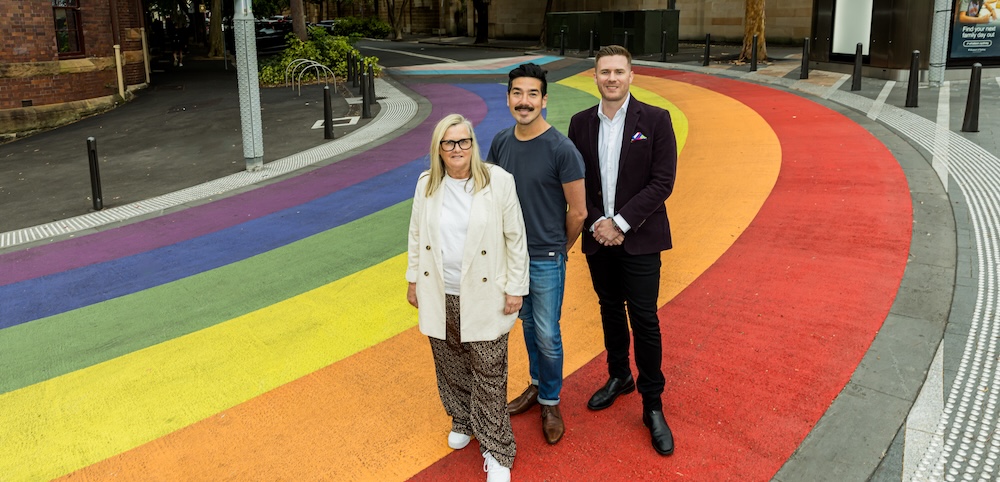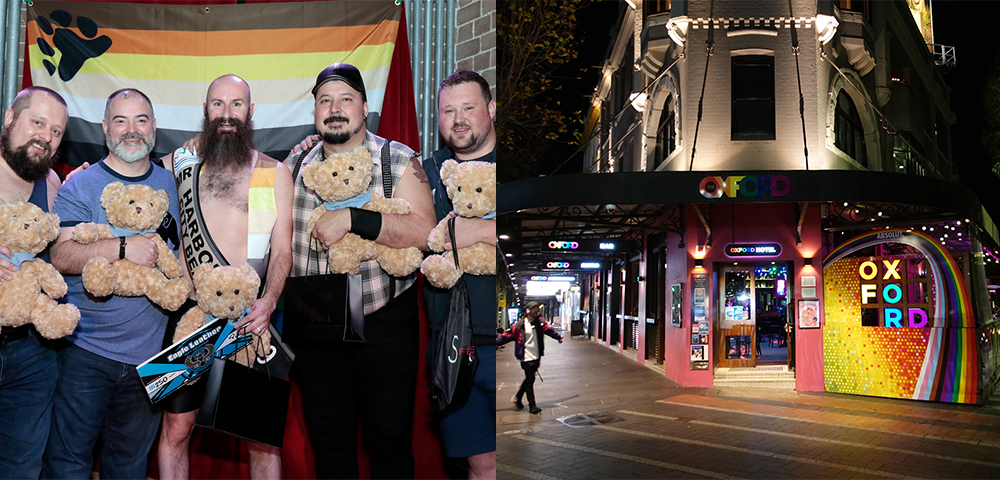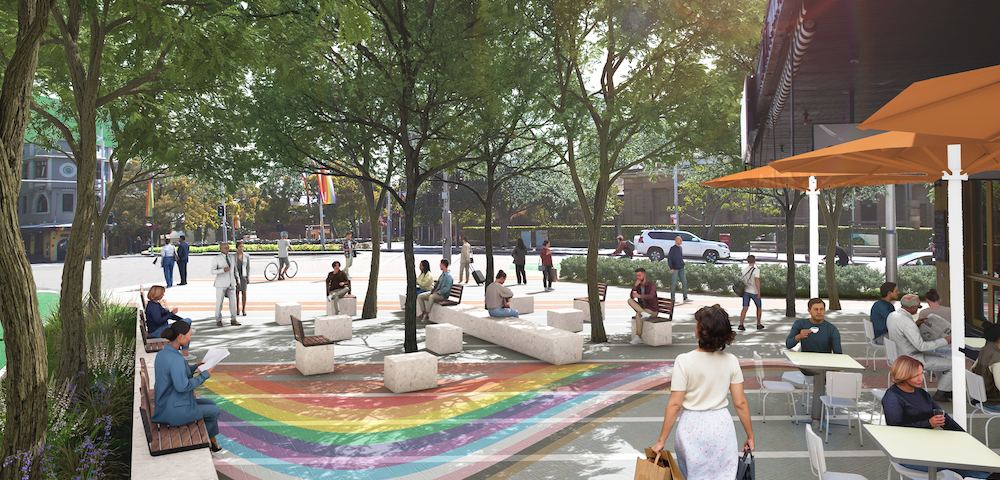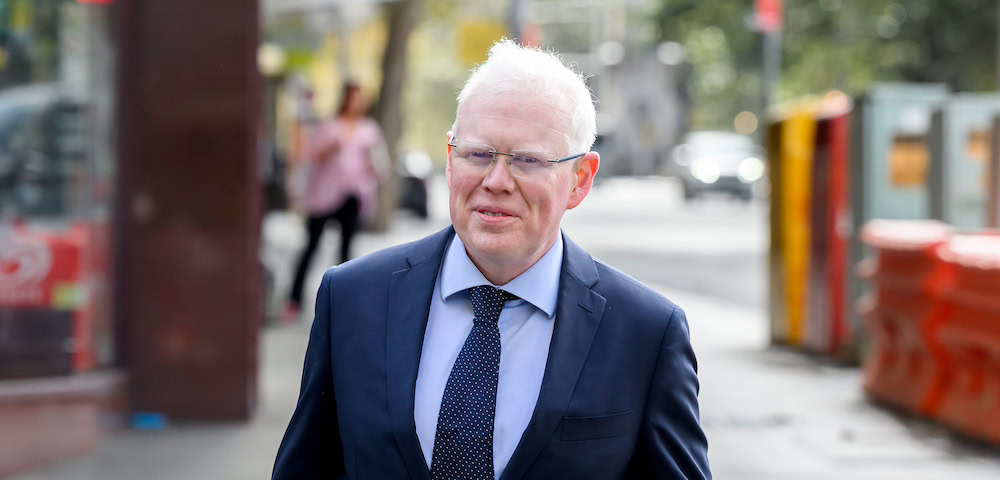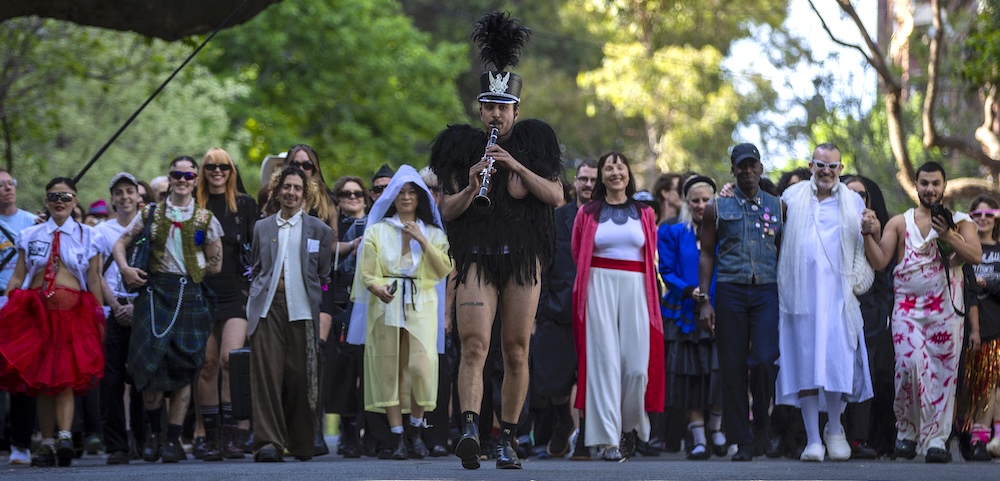
Marriage new frontline in North American equality push
Gay marriage is emerging as the new frontline issue in the push for lesbian and gay equality in North America, following a new court ruling in Toronto this week.
On Tuesday, the Ontario Court of Appeal issued a judgment upholding a previous Ontario Divisional Court decision which declared a ban on same-sex marriages to be unconstitutional.
The existing common law definition of marriage violates the couple’s equality rights on the basis of sexual orientation under [the Charter of Rights], the Court of Appeal Justices wrote in their decision.
Although the ruling is being reviewed by Canada’s federal government, the City of Toronto has already issued a number of wedding licences to same-sex couples, including one male couple, Michael Leshner and Michael Stark, who were both involved in the landmark case.
The Ontario judgment comes as another North American court, the Supreme Judicial Court of Massachusetts, considers a gay marriage case, and a new activist organisation in the United States prepares to campaign for the right of lesbian and gay couples to get married.
The Advocate magazine reported this week on the new organisation, Freedom to Marry, which launched in January this year with a stated aim of securing full marriage rights for gay people in at least one state within five years.
Freedom to Marry is not pursuing some second-class simulation, like civil unions or domestic partnership, but full marriage, The Advocate stressed.
The push for same-sex marriage in the US is expected to meet concerted opposition from conservative groups and churches. The Boston Globe reported on 8 June that the four Catholic bishops of Massachusetts instructed every pastor in the state to speak out against same-sex marriage.
The Massachusetts Supreme Court is expected to make a decision on its own gay marriage case in July. Seven gay and lesbian couples, who were denied marriage licences by the state, petitioned the court earlier this year and argued that it is unconstitutional to deny same-sex couples the legal rights afforded by marriage.
The Massachusetts court decision comes several years after the passage of the national Defense [sic] of Marriage Act, variations of which have also been adopted in 37 states. The Act and its variations expressly forbid same-sex marriages.
Same-sex marriages have already been legalised in the Netherlands, and this month Belgium is expected to become the second nation to offer them.
But the push for gay marriages in Australia seems much more muted, warned local lesbian and gay activists.
Gay and Lesbian Rights Lobby co-convenor Somali Cerise told Sydney Star Observer that the Lobby last consulted on the issue of same-sex marriages in the 1990s, when preparing the report And The Bride Wore Pink.
That consultation process revealed same-sex relationship recognition was a higher priority for community members than same-sex marriages, Cerise said.
The Lobby had no immediate plans to consult again on the issue of same-sex marriages, Cerise said, stating that lesbian and gay parenting was a more pressing issue.
In the federal arena -“ which is where any gay marriage case would have to be fought and won -“ reform of Federal anti-discrimination laws was a higher priority, she said.
The Australian jurisdiction closest to examining any form of gay marriage is the Australian Capital Territory, where the Stanhope Labor government has the stated policy of legislating in favour of civil unions for lesbian and gay couples.
ACT Rainbow Labor spokes-person Andrew Barr told the Star that there were a number of legal and constitutional hurdles before a civil unions registration scheme could be established.
A community consultation process on lesbian and gay law reform issues in the ACT, which was completed in February, drew a number of submissions on the civil unions issue. The Star understands that of the submissions which addressed the civil unions proposal, approximately 75 percent were in favour.
The ACT Justice Depart-ment is currently working on a workable model for civil unions, with a view to legislation being introduced to the ACT Legislative Assembly later this year or early next year, Barr said.
The political will is there to do it, but it must be done right, he said.




